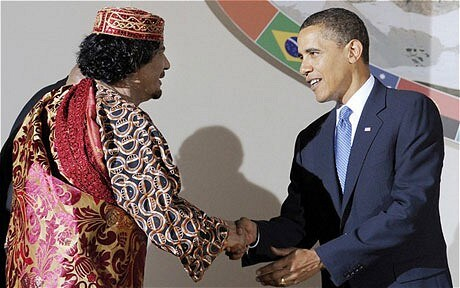In a recent analysis, the Iranian newspaper Shargh delved into the ongoing process of Iran-U.S. agreements and highlighted some key points. It noted that while Iran's decision to slow down its uranium enrichment at high levels is seen as a positive step toward reducing tensions between the two nations, it may not necessarily lead to a comprehensive nuclear agreement before the 2024 U.S. presidential election.
Slowing down Iran's nuclear program is viewed by some as a possible alternative to exploring what are referred to as "understandings" between the two nations—agreements that Washington has not formally acknowledged. Analysts point out that this doesn't necessarily imply concrete limitations on Iran's nuclear activities before the November 20, 2024, U.S. election. However, it could assist President Joe Biden, who is seeking reelection, in defusing the political crisis with Iran. The reduction in the pace of uranium enrichment at the 60% level is seen as a clear signal that Tehran is willing to advance these "understandings" to ease tensions with Washington.
Meanwhile, Sobh-e-No, another Iranian publication, discussed the recent visit of Turkish Foreign Minister Hakan Fidan to Iran. This visit is seen as having a significant impact on regional dynamics and diplomatic relations between the two countries. The commentary highlights that Iran and Turkey share multifaceted ties encompassing economic, commercial, political, regional, trans-regional, cultural, and national aspects. Given recent international events and the positions of neighboring countries concerning security in West Asia, Iran and Turkey's diplomatic efforts are crucial for regional stability.
The visit underscores that both Iran and Turkey perceive themselves as key players in maintaining regional security and stability. Experts argue that following the Syrian war, these two traditional rivals have reached a level of maturity in their relations that allows them to engage in dialogue about contentious and shared issues separately and work toward finding solutions. This indicates a commitment from both nations to contribute to regional peace and security.

















